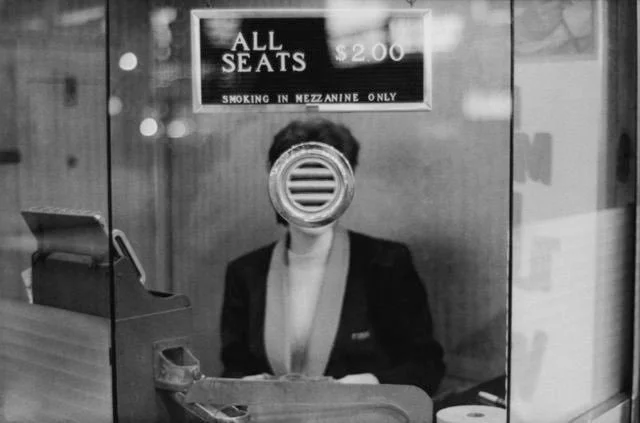S.E. HINTON & THE SUPERCOMPUTER
The rainfall of autumn usually brings the bittersweet sting of nostalgia. Reminders of the hopelessness that coaxed the clock from sunrise to nightfall ring through the darkness like an alarm set for 4:30 a.m. The reddish glow flashes as faces momentarily appear in my minds eye before dissolving into the ether; some are dead and some are still drifting toward their destination. We place our bets and play roulette with our fears.
Cars of all colors and sizes crawl up the New York State Thruway signaling their secrets in the shapes of brake lights. They rush in slow motion toward the winding backroads of towns built on the economics of apples. City folk escape the concrete through temporal visions of the countryside, the soft spoken smile of a small-town waitress coupled with a glass of Cabernet Franc from the region offers a sigh of relief from the fight or flight state of affairs that they reside in. But what about the so-called deadbeats that grew up on dead end streets, dishwashers at fine-dining establishments who want nothing more than to escape their past of prescription drugs, to break free from the pensive reflection that their parents poured into them during childhood. Nobody is coming to save them.
The investment banker with the Rolex Daytona on his left wrist sits beyond the cluttered double-sink of the kitchen. He huffs and puffs as he waits for his Japanese Prime Waygu steak. The dishwasher contemplates taking his own life when his shift ends. One rushes toward the orchards for pleasure while the other is reminded of pain every time he sees them. The waiter walks past the dishwasher and exits the kitchen with the bankers order.
There is so much suffering wedged in between our shared experiences. Many are forced to cradle it in silence because their fear of rejection and vulnerability outweighs the risk of being free. We’re all weakened by certain experiences. Trees with dead branches leaning on one another every time a torrential downpour softens up the soil. Most of us are simply doing our best to make it through the day. Our debilitating anxieties prevent our lights from shining into the dimly lit attics of others, but that doesn’t mean we don’t care. We do. In fact we care so much that it becomes too much to bear. We freeze up. We open our mouths but our words get stuck in our throats. We stop dead in our tracks.
Empathetic sensitivities stick into our ribs like the switchblade that S.E. Hinton once wrote about. It’s safer for us to shut down the operating system before it overheats. But we have to fight it. I survive on the stories that span from the city to the countryside. Without them, my spirit will die. While some leave the scars of cigarette burns from a step dad others are the bandages of an ER doctor that refused to give up on a gunshot victim.
To feel deeply, to think freely.. is to be chained to a perpetual anchor of sorrow while your mind is constantly running from it, leaving you beat down with a crooked spine and legs that are bloody and broken. I wouldn’t have it any other way.
I think the separation between academia and reality becomes present when the cracks in the sidewalk turn into crevices of a canyon that can swallow us whole. An academic that has lived a sheltered life hidden between the aisles of a library will always possess more speculative knowledge than the man who has felt the sheer terror of winter on a street corner in the South Bronx, but the practical knowledge gained from seeing and feeling the harshness of the world up close can tip the scale when it comes to conveying philosophical and spiritual principles to fellow human beings.
I was always attracted to the overcomers because they delivered information through inspiration. They studied the world with their eyes and ears and then cross-referenced it by reading the profound texts of the past. The balance of both - the cutthroat rawness of the human experience combined with a well-crafted education produces greatness that can patch the holes in the sheetrock of our inter-connected existence.
I mean, that has to be the golden ticket, right? To upload the data we have discovered into the supercomputer that our species has constructed, so we can prevent future viruses from destroying the prophetic productivity that’s been given to us by the chosen ones who walked the path before us.



